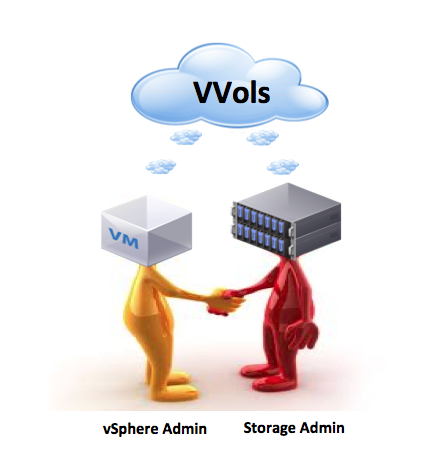 VMware has officially announced the launch of two beta programs:
VMware has officially announced the launch of two beta programs:
While the beta programs are private, for the first time, and unlike previous beta cycles for vSphere, the vSphere beta and VVols beta are open for everyone to sign up. This approach allows participants to help define the direction of the world’s most widely adopted, trusted, and robust virtualization platform. With Virtual Volumes (VVols), VMware offers a new paradigm, one in which an individual virtual machine and its disks, rather than a LUN, become a unit of storage management for a storage system. Virtual volumes encapsulate virtual disks and other virtual machine files, and natively store the files on the storage system.
By using a special set of APIs called vSphere APIs for Storage Awareness (VASA), the storage system becomes aware of the virtual volumes and their associations with the relevant virtual machines. Through VASA, vSphere and the underlying storage system establish a two-way out-of-band communication to perform data services and offload certain virtual machine operations to the storage system. For example, such operations as snapshots and clones can be offloaded.
For in-band communication with Virtual Volumes storage systems, vSphere continues to use standard SCSI and NFS protocols. This results in support with Virtual Volumes for any type of storage, iSCSI, Fibre Channel, FCoE, and NFS.
These are the key benefits of Virtual Volumes:
- Operational transformation with Virtual Volumes when data services are enabled at the application level
- Improved storage utilization with granular level provisioning
- Common management using Policy Based Management
Sign up for the vSphere beta and visit the Virtual Volumes dedicated page to learn more. Here are some of the early demos that have been developed by partners.
Tintri
SolidFire
HP
NetApp
EMC
Nimble Storage
For larger list of contributing partner and more recent demos visit the virtual volumes beta community page.
– Enjoy
For future updates, be sure to follow me on Twitter: @PunchingClouds
















